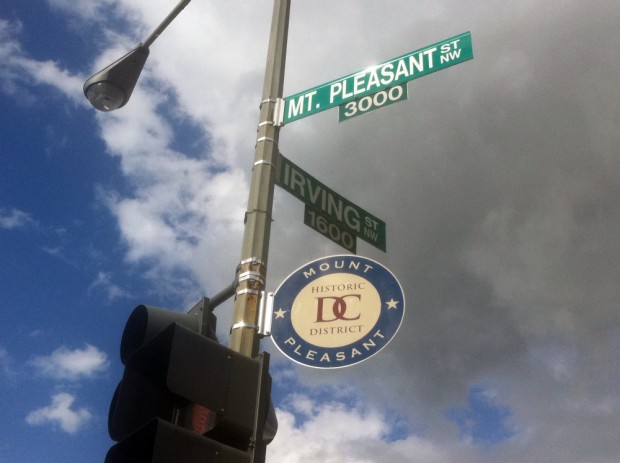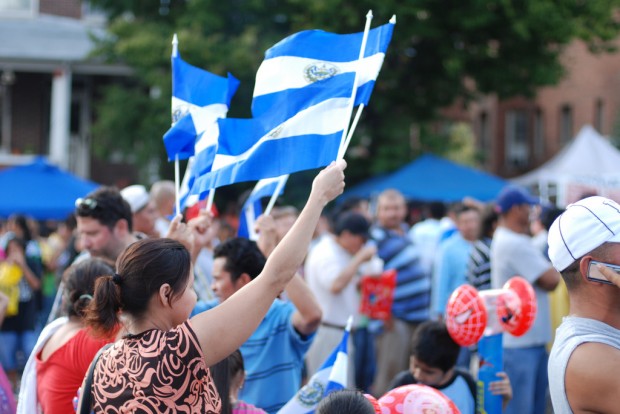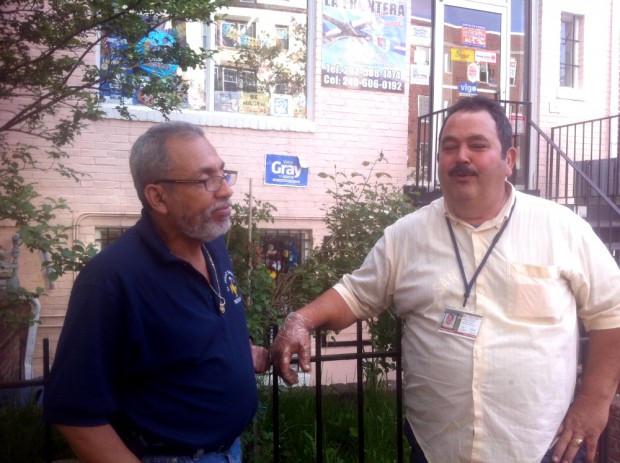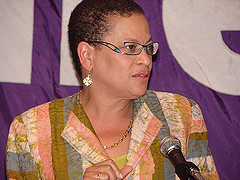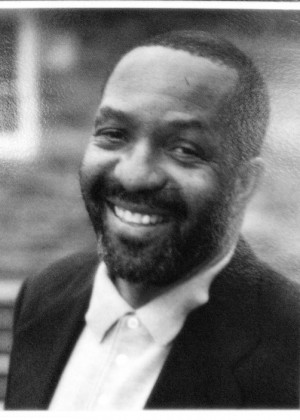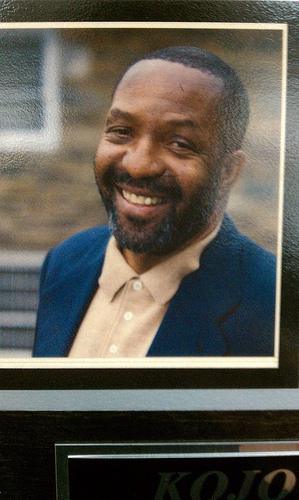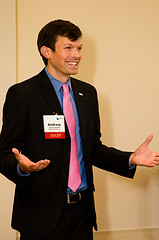The Mount Pleasant riots began on May 5, 1991 after a police officer shot a Salvadoran immigrant. Last week’s Metro Connection took a look at what happened during those two tumultuous days, and today’s Kojo Nnamdi show featured a discussion around the legacy of the riots for D.C.’s Latino community.
The riots, which also spilled over into Columbia Heights, left a lasting mark a neighborhood that has changed dramatically in the past 20 years. We take a look at Mount Pleasant today:
Elahe Izadi permalink
Walter Martinez has been living in Mount Pleasant for more than 35 years. He’s seen the neighborhood change from predominately black to being mostly Latino in the 1990s. He said the Metro station and Columbia Heights development helped spur an influx of white residents. “That’s how this got to be a more expensive place to live. Before, our apartment, a 2-bedroom, was $300 [a month]. Now, it’s $1,300.”



